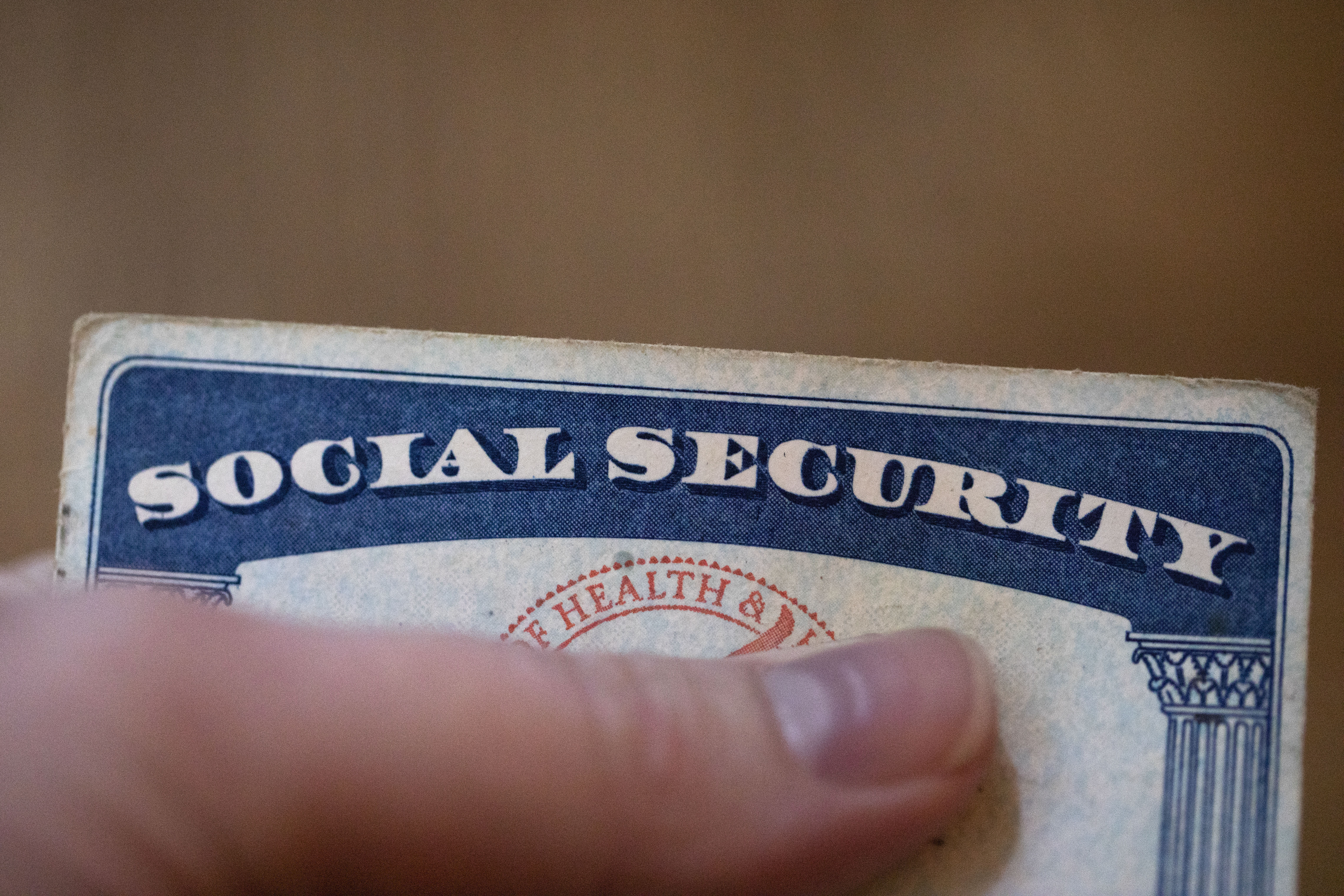If a surprise payment in the $6,000 range shows up in your bank account from the Social Security Administration, its legit! NBC 5 Responds has been hearing from retirees who say they’ve received the extra cash, but they don’t know why.
Will Social Security checks go out as planned this month as the agency eyes a number of changes to combat fraud and budget cuts?
As of the start of April, no changes had been announced to the payment schedule, though the changes to identity verification were delayed until the middle of the month.
That means checks are slated to go out as scheduled.
So when can you expect them?
Payment schedule for April
Supplemental Security Income was slated to go out on April 1, while most other forms of payments are based on birthdays. The only exception is for those who received Social Security before May 1997 or those receiving both Social Security and SSI. In that case, Social Security is paid on the third of the month and SSI on the first.
For those whose birthday are between the 1st and the 10th of their birth month, payments will be distributed starting April 9. For those with birthdays between the 11th and the 20th, payments go out on the third Wednesday of the month, which is April 16. And for those between the 21st and 31st, payments will go out on April 23.
Changes in store
Fast-moving changes at the Social Security Administration have prompted concerns that it may be more difficult for beneficiaries to access the agency’s services. Some experts raised concerns that efforts to update the agency’s systems could impact the continuity of benefits.
“Now I’m concerned that benefits could get disrupted,” said Jason Fichtner, a former deputy commissioner at the Social Security Administration who was appointed by President George W. Bush.
Feeling out of the loop? We'll catch you up on the Chicago news you need to know. Sign up for the weekly Chicago Catch-Up newsletter.
Recent changes that have been announced by the agency are cause for concern, experts including Fichtner say.
The changes were slated to begin Monday, but the agency delayed the rollout following feedback and concerns.
“We have listened to our customers, Congress, advocates, and others, and we are updating our policy to provide better customer service to the country’s most vulnerable populations,” Lee Dudek, acting commissioner of Social Security, said in a statement last week.
Not only did the administration delay the start date for the new requirements, it also changed who is required to follow the new rules.
“In addition to extending the policy’s effective date by two weeks to ensure our employees have the training they need to help customers, Medicare, Disability, and SSI applications will be exempt from in-person identity proofing because multiple opportunities exist during the decision process to verify a person’s identity," Dudek's statement read.
The new start date for the changes will shift from March 31 to April 14, the agency announced.
Previous announcements had said anyone applying for cash benefits or changing their direct deposit information would need to provide proof of identity. Those who receive payment via paper checks will also need to prove their identity before changing their mailing address.
Those who don't have a my Social Security account would need to visit an office in person to verify their identity.
But among the newest updates are several exceptions. That means anyone applying for Social Security Disability Insurance, Medicare or Supplemental Security Income who can't verify their identity online will be allowed to complete their claims over the phone "without the need to come into an office."
Now, the office said anyone who "cannot use their personal my Social Security account to apply for benefits will only need to prove their identity at a Social Security office if applying for Retirement, Survivors, or Auxiliary (Spouse or Child) benefits."
"SSA will enforce online digital identity proofing or in-person identity proofing for these cases. The agency will not enforce these requirements in extreme dire-need situations, such as terminal cases or prisoner pre-release scenarios. SSA is currently developing a process that will require documentation and management approval to bypass the policy in such dire need cases," the administration said.


